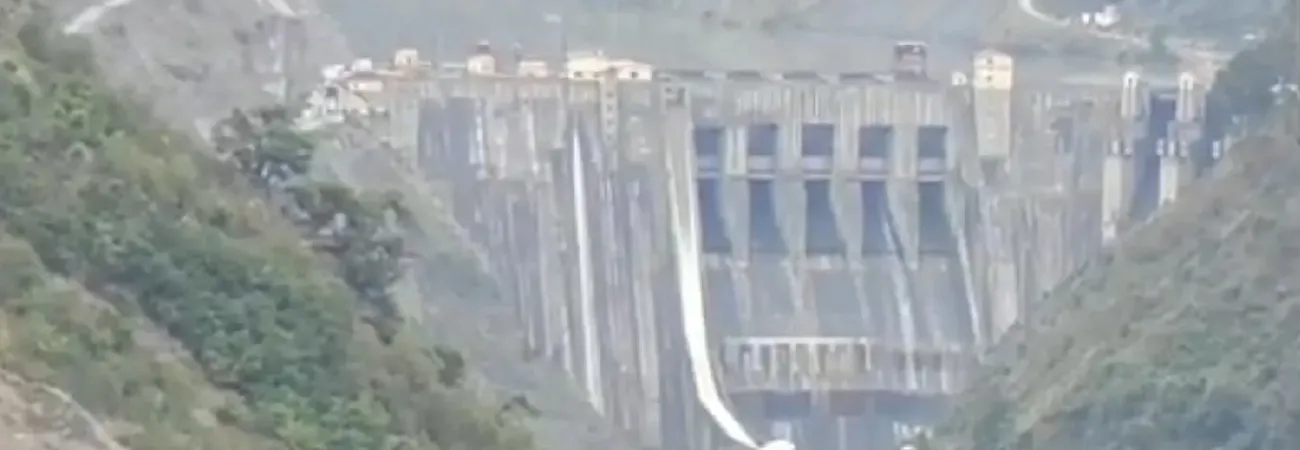i NEWS PAKISTAN
In a fresh blow to the already strained ties between India and Pakistan, the water level in the Chenab River on Thursday plunged alarmingly, with Pakistan accusing India of violating the long-standing Indus Waters Treaty. India has deliberately significantly reduced the water flow into the Chenab River, causing a sharp decline in water levels.
The Irrigation Department reported on Thursday that at Head Marala, the current water inflow has dropped to 19,000 cusecs, with only 3,000 cusecs being discharged downstream. At Khanki Barrage, the inflow has been measured at 9,000 cusecs, and the outflow stands at a mere 1,000 cusecs.
Head Qadirabad has recorded an inflow of just 6,000 cusecs with no outflow at all. Comparatively, data from June 2, 2025, shows a more substantial water flow: 38,626 cusecs at Head Marala with an outflow of 10,626 cusecs; 16,991 cusecs inflow at Khanki with 9,330 cusecs outflow; and 18,500 cusecs recorded at Head Qadirabad.
WAPDA reported that over a span of two days prior to May 31, India had slashed Chenab River flows by 91,000 cusecs. The move came shortly after Delhi declared it was suspending the Indus Waters Treaty, a 1960 agreement that regulates water sharing between the two nuclear power countries. The abrupt suspension follows the April Pahalgam terror attack, which claimed 26 civilian lives.
India has accused Pakistan of orchestrating the attack, though it has yet to present any evidence. Pakistan has categorically denied involvement and urged for an impartial investigation. Despite both countries previously agreeing to a ceasefire after their worst military standoff in May, India's unilateral action has effectively placed the treaty “in abeyance,” casting uncertainty over future water cooperation between the nuclear-armed neighbours.
And despite the two nuclear-armed neighbours agreeing to a ceasefire following a military confrontation between them in decades, the accord still remains “in abeyance” by India.
Credit: Independent News Pakistan (INP)









